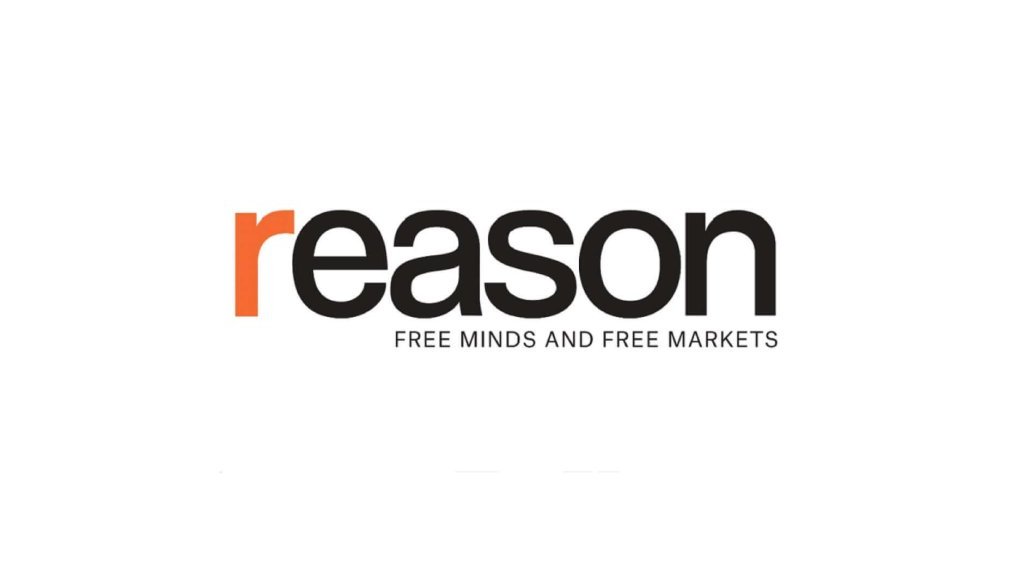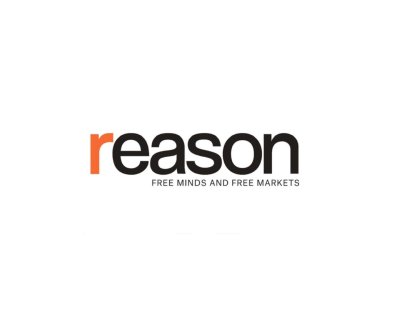Chief Judge Steven Colloton Opines That Boycotts of Columbia Might Pose Ethical Problems
From In re Complaint of John Doe (8th Cir. Jud. Council), by Chief Judge Steven Colloton:
This is a judicial complaint against a district judge who has participated in a hiring boycott against graduates of Columbia University in an effort to influence the university’s administration. The subject judge was one of thirteen federal judges who signed a letter in May 2024 to the president of the university.
The letter asserted that “[s]ince the October 7 terrorist attacks by Hamas, Columbia University has become ground zero for the explosion of student disruptions, anti-semitism, and hatred for diverse viewpoints on campuses across the Nation.” The letter stated that the signatories, as “judges who hire law clerks every year to serve in the federal judiciary,” had “lost confidence in Columbia as an institution of higher education.” The letter then set forth three “steps” that the university would take if it “were serious about reclaiming its once-distinguished reputation,” to wit: (1) “Serious consequences for students and faculty who have participated in campus disruptions and violated established rules,” (2) “Neutrality and nondiscrimination in the protection of freedom of speech and the enforcement of rules of campus conduct,” and (3) “Viewpoint diversity on the faculty and across the administration—including the admissions office.” {Under Rule 24(a) of the Rules for Judicial-Conduct and Judicial-Disability Proceedings, the names of the complainant and the subject judge are not disclosed.}
The letter informed the university president that “[c]onsidering recent events, and absent extraordinary change, we will not hire anyone who joins the Columbia University community—whether as undergraduates or law students—beginning with the entering class of 2024.” An essay published around the same time by one of the judges characterized the effort as a boycott aimed at the university, and explained that “[t]he purpose of any boycott is to change the behavior of the target.”
The judicial complaint alleges that the action of the subject judge in joining the boycott is “prejudicial to the effective and expeditious administration of the business of the courts,” and is therefore cognizable misconduct under Rule 4(a). In particular, the complaint asserts that the judge (1) used his office “to obtain special treatment for friends” and to engage “in partisan political activity” and to make “inappropriate partisan statements,” see Rule 4(a)(1)(A), (D); (2) engaged in “abusive behavior in that his statements demonstrate that he presently is and will be treating litigants, attorneys, judicial employees, or others in a demonstrably egregious and hostile manner,” see Rule 4(a)(2)(B), (3) “used the ‘Columbia University community’ as a proxy to discriminate against various races, religions, and national origins that may share in the views of his targeted community,” see Rule 4(a)(3), and (4) engaged in conduct outside the performance of his official duties and was “reasonably li
Article from Reason.com

The Reason Magazine website is a go-to destination for libertarians seeking cogent analysis, investigative reporting, and thought-provoking commentary. Championing the principles of individual freedom, limited government, and free markets, the site offers a diverse range of articles, videos, and podcasts that challenge conventional wisdom and advocate for libertarian solutions. Whether you’re interested in politics, culture, or technology, Reason provides a unique lens that prioritizes liberty and rational discourse. It’s an essential resource for those who value critical thinking and nuanced debate in the pursuit of a freer society.




